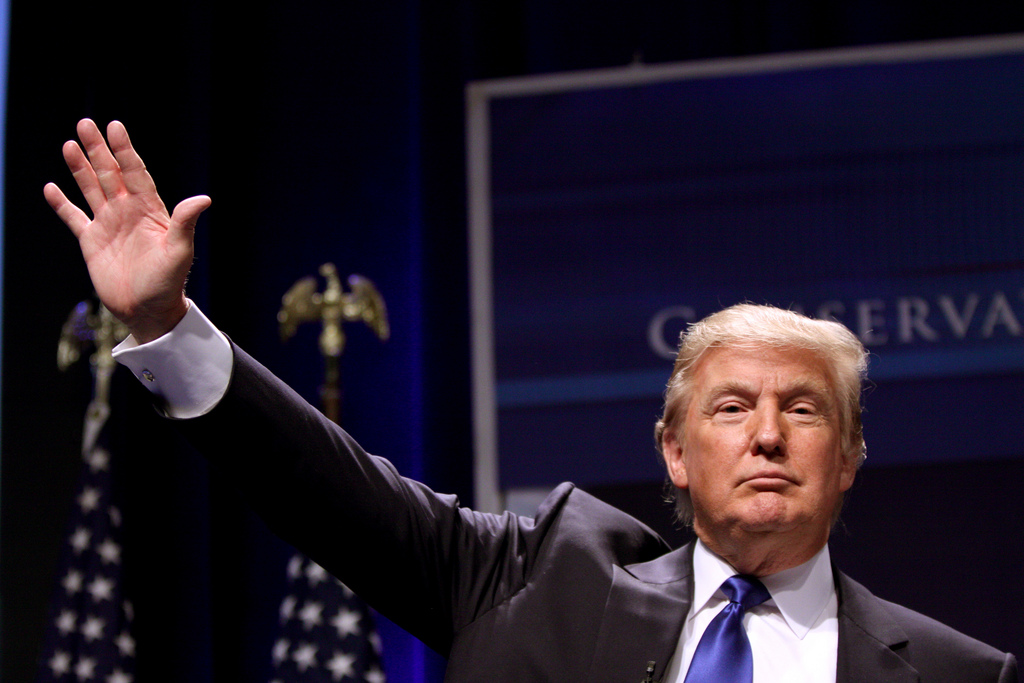We really do have plans to turn our attention toward other issues beyond electoral politics next week. (I’ve got submitted pitches I’m currently reviewing on immigration, a general consideration of the cultural norms that create something like the Trump phenomenon, a book review of a new work on the white working class, and an excellent long essay on podcasting. Plus I’m hoping to do some more personal/reflective work in the next month and to review Katelyn Beaty’s important new work A Woman’s Place.) But as I’ve thought about this issue more, I wanted to draw together a few final notes on the question of evangelicals endorsing Donald Trump.
Login to read more
Sign in or create a free account to access Subscriber-only content.
Topics:
